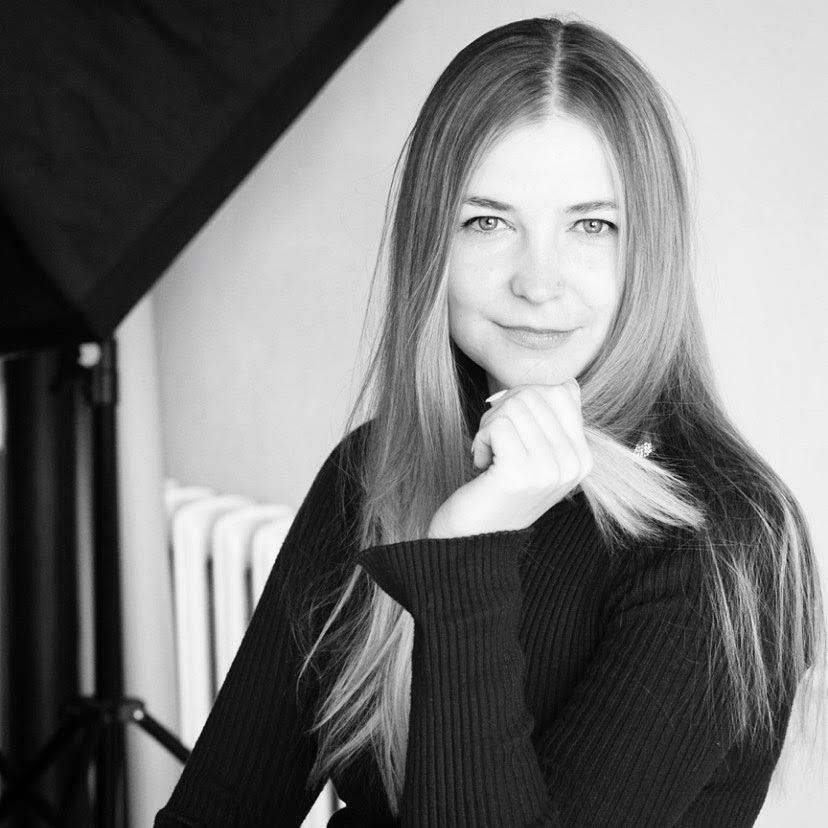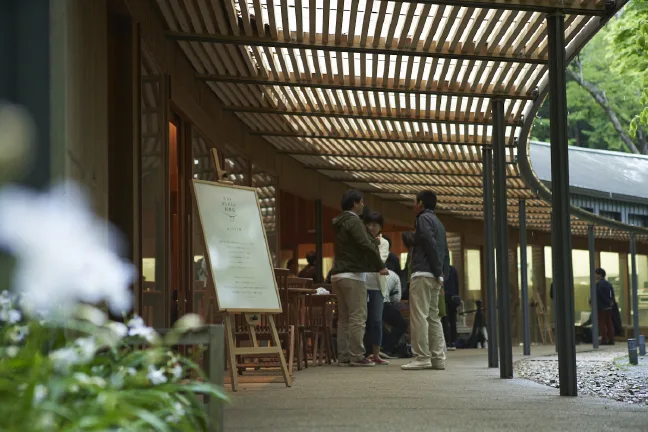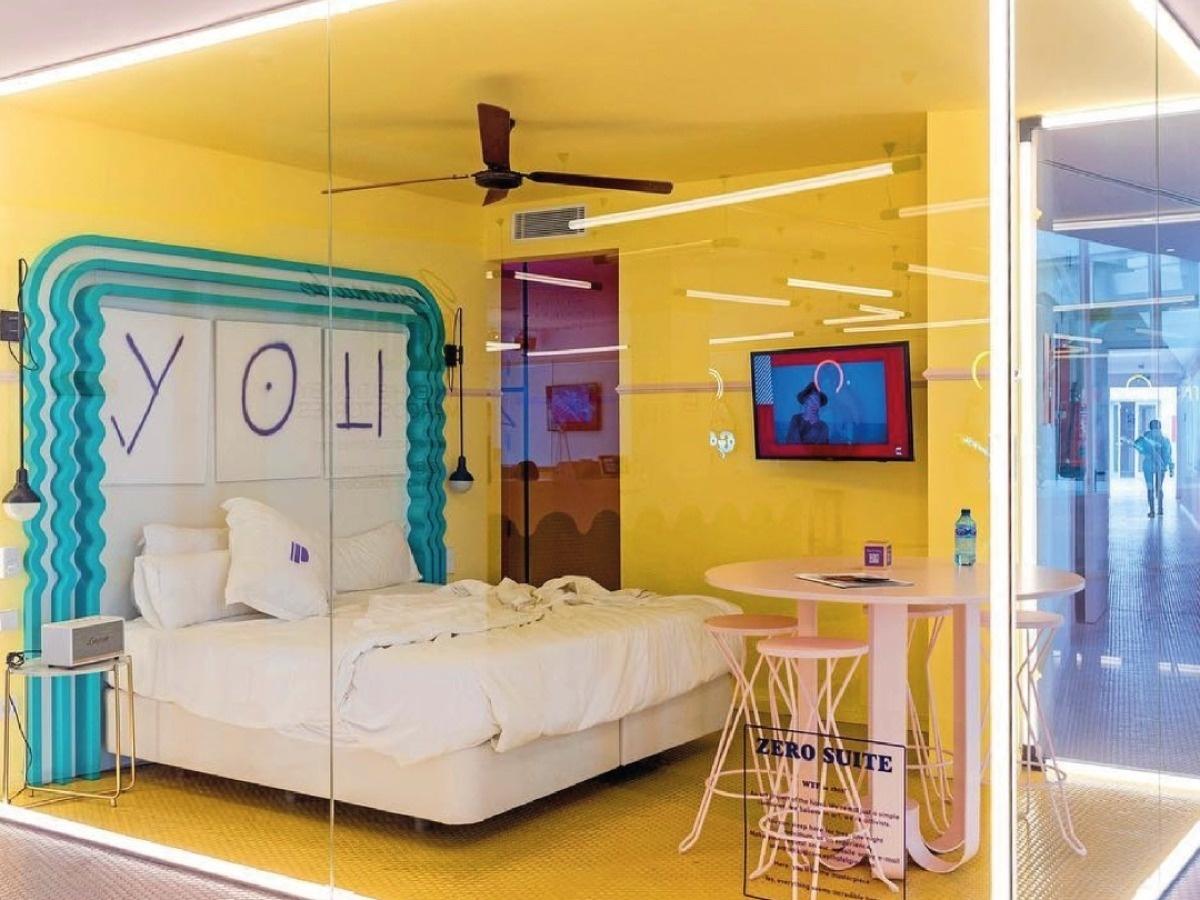
INTERVIEW ALISON STYLES
February 19, 2021
INTERVIEW ERICH STEINBOCK
February 24, 2021HOTELS ARE OFTEN TOO RIGID FOR MILLENNIALS EXPERIENCED TRAVELER ALEKSANDRA ZAKREVSKAYA SPEAKS OUT

Who Are You?
33 years old. Born in Russia, raised in Belarus, now for more than 10 years based in Stockholm, Sweden. Brought up by parents who gave me super much psychological freedom, as a kind of well-meant experiment. Left home, without permission, when I was 18 and traveled most of the time after that. Mainly Asia and Europe, including its East. Stayed in an Indian temple as a monk for a half year. Managed an ecological farm with a guest house, 50 kilometers from Stockholm, Sweden. Organized festivals there as well. Studies marketing in Belarus. Now, with corona making travel too complex, I start studying at Swiss Hotel Management School, up in the snowy Alps. Exploring is in my DNA. Life helped me: I was a flight attendant for some time, visiting all of Europe and sleeping in the best of hotels. My attitude always is: How Can We Make This Better.
Luxury hotels often are considered the best. How Can We Make Them Better?
I stayed a lot in cheaper hostels. I stayed a lot in five-star hotels. Wherever you are and whatever the number of your resources, there is always room to make things better. The ecological farm I managed outside Stockholm for a longer period was not five stars. The guest house was neglected. Slowly we start renovating it, bringing arts & crafts in, painting wall by wall: simple, cheap but original. After two and a half years we had earned enough money to take things seriously, business-wise speaking. The whole endeavor, from day one on, has been way more about imagination than about money. That’s utterly rewarding and empowering. With a deep charm of its own. I think that speaks a lot to Millennials.
Five stars hotels don’t have that deep charm. Of course, they have their appeal, beauty, and elegance. But they are often too scripted, not in the least regarding their communication with guests. Oh, yes, five stars staff is listening and smiling and trying to help. But you hardly ever feel that they care. They are doing a job. You don’t feel they see the person behind the polite and friendly conversations.
That’s substantial criticism — from a Millennials — and probably also a Generation Z — perspective. But aren’t you a bit hard on them? So many people in this world simply ‘do their job’. Can it be that asking more than that means: ‘asking too much’?
You might be right. But there is so much talk in the hospitality industry about ‘being passionate’ — especially in five stars servicing. Must we skip that then? And exchanging it for ‘just-do-your-job’?
When I came to Barcelona for the first time I stayed in a hostel. I was traveling alone for the first time and felt a bit tense. The girl at the reception was utterly nice to me. She took time to talk to me more extensively that they do in many uptown scripted hotel places. She explained to me where were the places-to-go, seriously tuning into my interests and desires. Lots of suggestions in a real conversation! After this conversation, I felt like we became friends. This you never experience in a five-star hotel. More informal and close, more relaxed and authentic than the standard hotel procedures. There they always address you properly with a smile. And they must learn your name. But, often right under the surface, it comes with an unmistakable dose of scripted rigidity. My gut feeling says that many Millennials increasingly prefer the ‘hostel’ way-of-behaving above the ‘five stars’ one.
Again, provocative criticism on the hotels that consider themselves the very best. Including the warning that these top hotels miss the Millennial — and Gen Z — boat. Any idea on how to integrate the ‘hostel’ elements you like so much into the leading hotels of the world?
Not concrete. But that isn’t a disaster. At the top of the hospitality industry, there is not only a lot of talk about ‘passion’ but also about ‘imagination’. So: use it! Start with trying to understand the younger generation’s desire for informality, for refreshing, authentic service experiences, for some more adventure and experimentation. Also, get in tune with their desire for instantaneous gratification. Luxury hotels have focused for too long on being excellent, bespoke, and perfect. That had great value but now runs the danger of being perceived as un-exciting. I think hotels have to recycle their definitions of great service. Millennials opt for more fresh definitions. Humans are not perfect. Millennials prefer to get more real, to be more informal. Also, we are experienced travelers, and with that comes an appetite for somewhat more adventure. We care less about rules and traditions. Things don’t have to be bespoke. Don’t overdo. Relax and get more real. For the stars hotel, it should be all about Revisiting Soft Skills.
Next to Millennials being more adventurous they are also more often solo-travelers. Solo-travelers with an open mind. Of course, we all appreciate it when hotels are beautiful, have a nice service and facilities, like the luxury hotels. On the other hand, for modern travelers, it can be seen as an unattractive place without a soul. It is time for places that have some ideas behind like gathering spots of people who have something in common: an interest, an ‘ideology’, a lifestyle. Good examples are surf hotels and yoga retreat hotels — they are Cool and on the rise. Regularly they aim for a unique combination of fanciness and relaxed communication. But also ‘Instagram’ hotels are on the rise and, for instance, hotels especially servicing to VR game afficionados. In Stockholm, there is a 4-stars hotel, ‘Downtown Camper by Scandic’, with the look and feel of open-air nature camping. It comes with small cinema events, beer gatherings, board games evenings. At the same time, they have a fancy spa with an outside swimming pool on the roof and a roof-top bar. Here (four-star) luxury and the feeling of belonging are combined: Cool & clever.

Hotels with a sharp, elaborate focus on health improvement can also strike a chord as long as it is done properly, so avoiding the stereotypical image of sanatoria for sick people as they exist in Russia. The health-focused hotels could provide not only wellness like healthy food and massages but also incorporate modern technologies to discover what is good and bad for the individual clients’ body. And then help them to live the new healthy lifestyle out while resting in your hotel. This way you can meet health wishes in particular: next-generation food, fitness programs, genomics. If you can create a hotel that addresses not only just the need of the people as clients, but also include the need of the modern customers to stay young and beautiful longer, then your success is certain.
And then of course the ‘lifestyle’ hotels are on the rise where working and overnight stays are combined. Also here often hostel meets luxury elements. Many young professionals who earn their money online go to Bali in winter to work there. Renting a villa may not be their first option: too isolated. Hotels and also restaurants that combine, leisure, work, and ‘longer’ stays are Cool. Or for example Jumeirah hotel in Dubai doing a similar thing now. They started to offer accommodation together with complimentary printing and meeting room access, for those who work remotely. They can also help you to get a visa to go to the Emirates and work from there.
What kind of research projects would you like to see developed for the hospitality industry?
They are nicely aligned with the above.
1. How to adapt definitions of luxury to younger generations’ mentalities and lifestyles? Researching in detail what the Rise of the New Informal looks like. For Millennials, for instance, luxury is solidly intertwined with an eco-approach. How to realize sustainability seriously, e.g. beyond green window dressing?
2. Traditional hotels might have an overdose of 20th century DNA. This is reasonable because they blossomed in that period. But now they must adapt to a new age and fresh generations. How to make hotels the right kind of gathering place?
3. How to make ‘health hotels’ relevant to the young generations?
If you want to be in contact with thought leader Aleksandra Zakrevskaya , please email [email protected]




